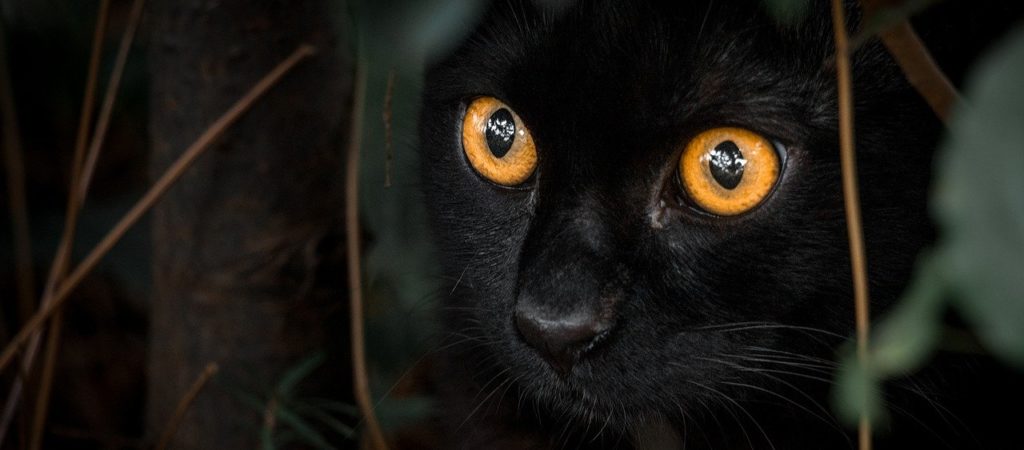There is something very gloomy when we talk about anxiety, even more so about eco-anxiety. It’s something to be avoided and brushed under the table. No one likes to be anxious. Getting into a state of anxiety over something doesn’t seem like the kind of thing we should all aim for.
And yet, when I speak to clients who take their responsibility in the face of climate change seriously, I make them explain to me why they are feeling the way they do. We spend at least one session speaking about our fears, our worries, our stresses. And I’m always surprised to see that this phase becomes the most important one.
Why is it that we naturally want to avoid uncomfortable feelings even if we know it will make us permanently better?
Burning forests
Not too long ago, I had a dinner conversation with my 7-year-old son. We talked about forests and I explained how important they are for our air. My son seemed really impressed by the fact that Sweden has the second-highest forest density in Europe (and 22 in the world). His follow-up question was where the biggest forest was. I said that it was the Amazon. But then I added that I hope it remains that way for many more years. My son noticed my little add-on and logically followed it up. I told him about the fires in the Amazon and that there is a lot of forest being lost to make way for animals and plants.
I might have painted the picture a little too grim for a 7-year-old but I mentioned that the earth’s lung was on fire. That remark brought tears to his eyes. I tried to explain why the Amazon was being deforested but that made him just more upset … until he interrupted me and said: “I don’t want to talk about this any more.” I stopped.
That experience, however, stayed with me because I saw that my son was deeply troubled by what I told him. I was, too. He listened carefully until he felt overwhelmed by what I was telling him.
I often see the same reaction in adults, in people who I meet outside my role as a climate change coach. I never actively move the conversation into the direction of climate change but considering my particular lifestyle, it often comes up. And in most conversations, I’m met with interest and, very quickly, an ‘oh, I couldn’t do what you do. It seems so hard.’
Discomfort
And that gets me thinking that facing the state of our planet is not comfortable. For some, it might be barely irritating while for others it’s unbearable. Facing the mess we are in is something tough for us humans to do.
But it’s not just a human trait that we would rather avoid responsibility. A few years ago I had a very cheeky cat. He was black and was always up for mischief. One day I had a bowl of white cream sitting on my table, uncovered. In the only moment I left the bowl unattended, my cat was on the table (although he knew he wasn’t allowed to) and started licking the cream. When I came back, he was off the table, had white tips on his black fur, the bowl had clear fur marks on the rim. My cat put on an angel face. He knew he wasn’t supposed to do that but he did it anyway. And he didn’t want to face the consequences so he put on an innocent face and pretended as if nothing had happened.
I see a lot of similarities in us humans when it comes to climate change. We know we’re not supposed to burn fossil fuels, use plastic bags, or buy cheap meat and yet, we do it anyway. When our conscience catches up with us, we pretend we didn’t mean any harm. We put on an innocent face and hope no one will notice. But, the marks on our planet are just as impossible to miss as the cream on my cat’s face.
While I know my cat learned very little from his experience with licking the cream, I’m still hopeful that humanity will. And developing our consciousness through eco-anxiety might just be the first step in the right direction.
Wake-up call
I see eco-anxiety as a rather handy and utterly natural reaction to what is going on around us. We face our reality almost daily. We can see it in the destruction of the natural world just as much as in our trauma-like response of mass denial, distractions, and plain helplessness about the state of the world. Anxiety is different for everyone and collectively, we are only slowly beginning to make sense of it all.
There is a part of me that welcomes COVID-19 as a collective wake-up call. We have come face-to-face with nature and our invasion of nature in a new way. Nature is no longer something ‘out there’ and it doesn’t affect us. We are not separate anymore from the natural world, we are part of it. And COVID-19 makes this painfully clear.
The question remaining for me is what we’re willing to do about it. Can we move out of our collective anxiety about the state of the world and what it means for us humans, and move to a place of action? I believe so because it’s beginning to become obvious. We are facing a pandemic and we are able to make changes in our lives quickly.
We can step up and make a difference in the face of climate change as well.
Taking responsibility
I welcome a pinch of eco-anxiety in my life because I know why I feel it. I allow it to stir me up because it reminds me why I feel the way I do about our planet. And eco-anxiety spurs me into action, into taking responsibility for myself and my natural environment, and it grounds me in what is really important to me.
And while my cat puts on an innocent face and my son stops a painful conversation, I invite you to accept the discomfort and to let it rustle your feathers. We get anxious for a reason – because something matters to us.
Let’s make eco-anxiety the next pandemic that shakes our foundations and moves us into action.
—
If you enjoyed this article, you might be interested in my Udemy course “Develop personal respond-ability in times of climate change”. It’s available now!

